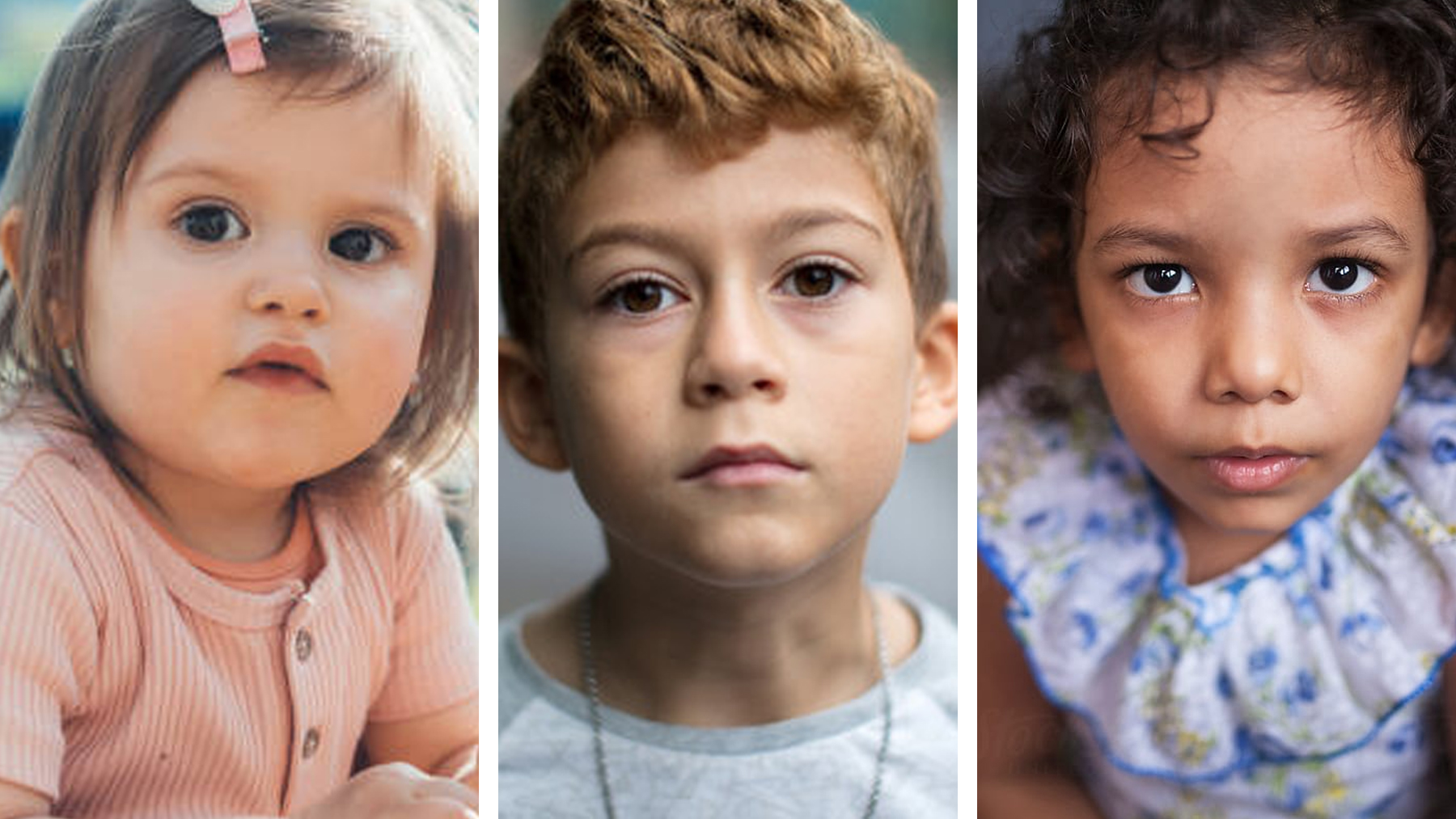Every child deserves more than waiting to belong, to be seen. That truth lies at the heart of child safety services, where professionals dedicate themselves to protecting children, supporting families, and building stability in lives shaken by crisis.
At The LJD Jewish Family & Community Services (JFCS), Katie Millette serves as our Dependency Program Director. With years of experience guiding children and families through the Early Childhood Court (ECC) system, Katie leads her team with compassion and a deep understanding of what’s at stake.
For at-risk families, overlapping challenges such as inadequate supervision, medical neglect, financial hardship, domestic abuse, and mental health struggles often take the greatest toll on children. But Katie notes one factor that surfaces more often than any other: substance misuse.
“Every child deserves to feel safe. But we also know that safety alone isn’t enough. They need consistency, reassurance, and the chance to begin healing.”
— Katie Millette, Dependency Program Director, JFCS
The healing process can be overwhelming, especially in the earliest days of separation. When a child is removed from home, the clock immediately starts ticking. Parents are typically given a year-long case plan by the court, and JFCS professionals work quickly to place children in the best possible out-of-home care.
“Once children in crisis are referred to the agency, they’re assigned a primary dependency case manager,” Katie explained. “We visit the kids, make sure they’re safe in their homes, make sure services are in place for them. We meet with the parents, make sure the parents have what they need. We are there to support the family throughout the whole process.”
Case managers are at the center of this work. They connect families to wraparound services offered through JFCS, including therapy for children and parents, food support through the Max Block Food Pantry, and eviction prevention and utility assistance. These resources not only stabilize families in crisis but also give them a foundation for long-term success.
Depending on the circumstances, staff members also preside over supervised visits between parents and their children, with the goal of reunification whenever possible. They meet with parents in person at least every 30 days and conduct weekly or monthly visits with children, based on age and need.
Katie recalls one particularly complex case that demonstrates the resilience of families when paired with the right support. “We had three little ones, ranging from a baby to age eight, who were removed from their mother’s care. She had substance misuse issues, the father was incarcerated at the time, and there was no one to care for the kids. Once they were placed into foster care, she immediately hit the ground running with what she needed to do. She did a fantastic job, and has been reunified with all three of her kids in under a year. She’s been learning her daily routine again, going to classes, and maintaining her sobriety.”
Dependency is not just about case files or court dates. It is children adjusting to new realities they never chose. It is whispered conversations they don’t understand, the courage required to trust new caregivers, and the longing for stability in the midst of uncertainty.
These experiences highlight why the work of JFCS is so vital. Healing does not happen overnight. It takes patience, advocacy, and consistent care. The dependency system, at its best, creates pathways for children to hope again — to see beyond trauma and imagine a future where they feel secure and loved.


